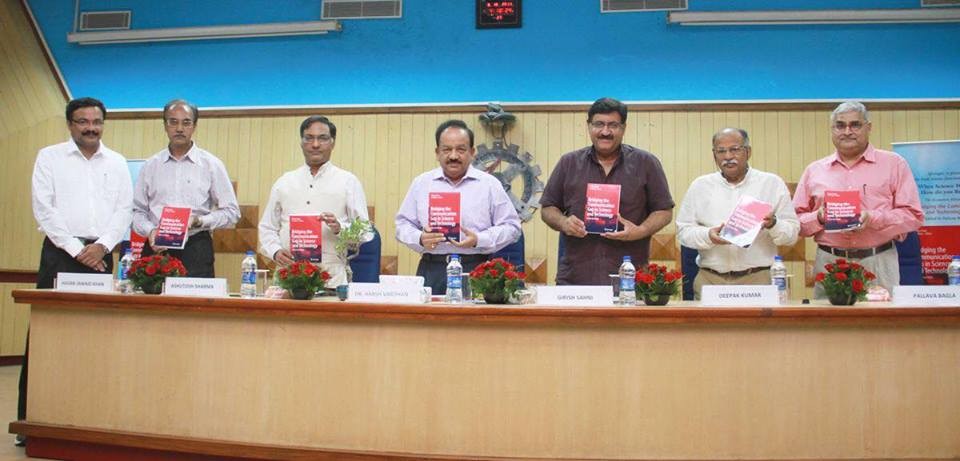
- Select a language for the TTS:
- UK English Female
- UK English Male
- US English Female
- US English Male
- Australian Female
- Australian Male
- Language selected: (auto detect) - EN
Play all audios:
The heavy congestion between Dubai and Sharjah is a daily challenge for thousands of commuters. To avoid spending hours in traffic, some residents adjust their schedules — leaving home
before dawn or staying in mosques, cafes, or gyms after work until peak-hour gridlock eases. The issue was recently highlighted by Federal National Council (FNC) member Adnan Al Hammadi, who
revealed that an employee commuting between the two emirates spends approximately 460 hours annually — equivalent to 60 working days. Responding to Al Hammadi’s concerns, Suhail Al
Mazrouei, Minister of Energy and Infrastructure, stated that the ministry would conduct an in-depth study and work closely with local authorities to develop a comprehensive plan. STAY UP TO
DATE WITH THE LATEST NEWS. FOLLOW KT ON WHATSAPP CHANNELS. _Khaleej Times _reached out to several residents who commute between Sharjah and Dubai daily to workplaces to know about the
measures they are taking to work around traffic congestion and the toll the traffic situation is taking on them. WAITING IN A MOSQUE Reem Al Qaidhi, an advertising professional, leaves home
in Al Noaf at 6.30am to reach the office in Media City by 8am. The return journey is a different story for the Emirati, as she often chooses to spend time in a mosque to beat traffic
congestion. "Sometimes, it takes me more than two hours to get home,” she said. “I always check Google Maps to find the least congested route. If the roads are packed, I stop by a
mosque to pray asr before continuing my drive. "There have been days when I just sit in the mosque, waiting for the traffic to ease. I lose so much time daily," she added.
'HITTING THE GYM BEFORE HEADING HOME' Zaheer Hussain, an Indian expat living in Muhaisinah, said, "I log out at 6pm, but I don’t even think about leaving then. "I go to a
nearby mosque for maghrib prayers, then hit the gym for an hour. When I leave around 9pm, the roads are much clearer, and I get home in about an hour." Hussain finds the situation
frustrating. “I would rather be home earlier, but this is the only way to avoid sitting in my car for two hours. Traffic between Dubai and Sharjah has worsened over the past few months,” he
said. 'I RETURN HOME EXHAUSTED' Noura Al Mandous, a Ras Al Khaimah resident, said, “ Everyday I leave home at 5.30am and reach work around 8am. During Ramadan, the congestion has
become worse, and I often get home around 6pm, completely exhausted. The unpredictability of traffic adds to her stress. "Some days, there’s no clear reason for the congestion, yet you
still find yourself stuck for hours. It’s draining, both mentally and physically." 'NO TIME LEFT FOR FAMILY' Shamsa Darwish, who lives in Al Awir near the Sharjah border,
often gets caught in congestion despite working in Dubai. “I reach home around 4pm during Ramadan, and by the time I break my fast, I’m too tired to do anything else,” she said. Even outside
Ramadan, she feels the long hours in traffic have taken a toll on her personal life. “I hardly get quality time with my family. It affects my mental wellbeing, and there’s no real solution
in sight." As FNC member Al Hammadipointed out the significant time wasted due to congestion, he urged "effective solutions to this crisis". "This is a constant and
painful issue for all road users, and we need prompt solutions," he said. He also highlighted the staggering number of cars entering Dubai daily —1.2 million, up from 850,000 a year and
a half ago — and the fact that the Dubai Traffic and Licensing Department issues about 4,000 new driver’s licences each day. SM AYAZ ZAKIR SM Ayaz Zakir is a Senior Correspondent with a
flair for extraordinary stories. His playground? Ever...More __ RUQAYYA AL QAYDI Ruqayya Alqaydi is a Special Correspondent with a newborn by her side and an endless curiosity to le...More
__







